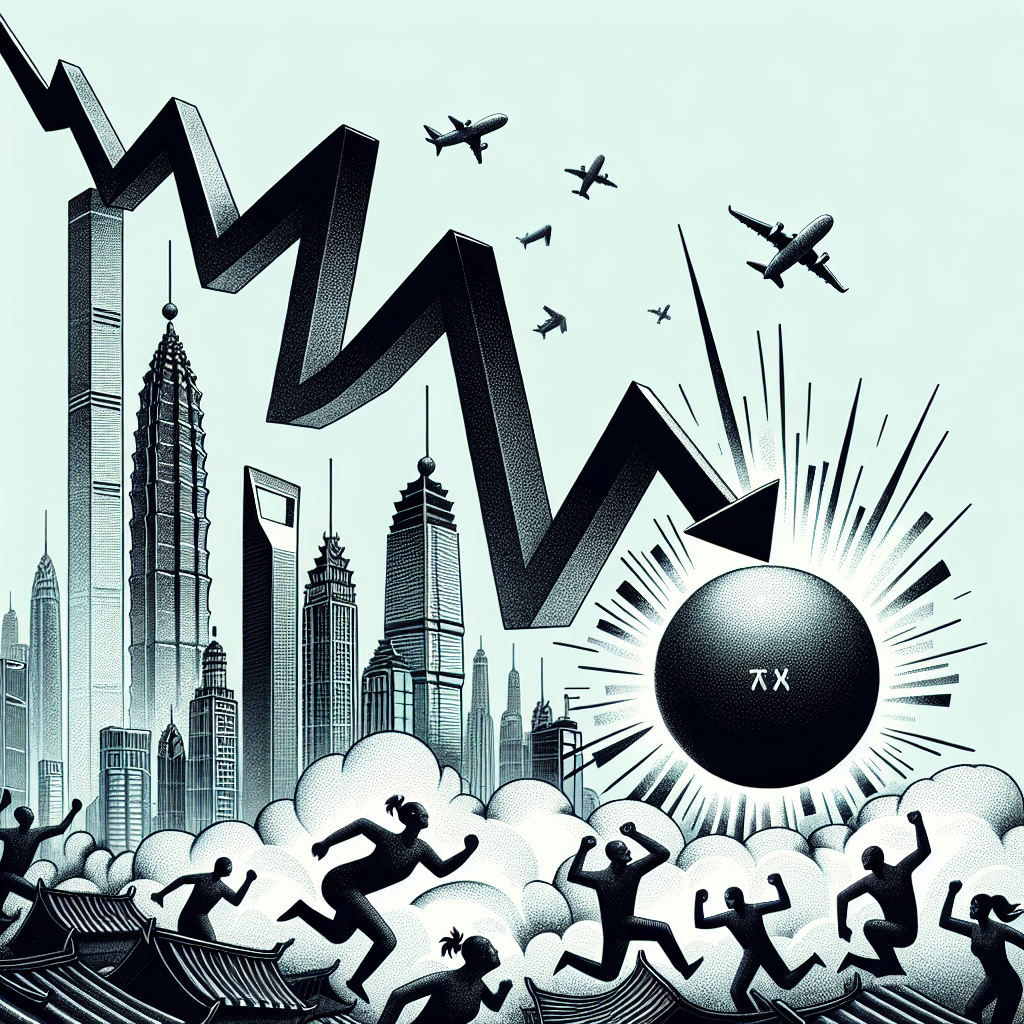Asian Markets Tumble Following Trump Tariff Impact
Asian Markets Tumble Following Trump Tariff Impact
Overview
Asian markets experienced a significant downturn as the repercussions of tariffs imposed by former U.S. President Donald Trump continue to unfold. The financial landscape across Asia is witnessing volatility, with investors reacting to the ongoing trade tensions between the United States and China.
Key Factors Driving the Market Decline
- Trade Tensions: The tariffs have exacerbated trade tensions, leading to uncertainty in global markets.
- Investor Sentiment: Concerns over the economic impact of these tariffs have led to a decline in investor confidence.
- Supply Chain Disruptions: The tariffs have disrupted supply chains, affecting production and trade flows.
Market Reactions
Several major Asian stock indices have reported losses, reflecting the broader market sentiment:
- Nikkei 225: Japan’s benchmark index fell sharply, highlighting concerns over export-dependent sectors.
- Shanghai Composite: China’s main stock index also saw a decline, as the country remains at the center of the trade dispute.
- Hang Seng Index: Hong Kong’s market faced a downturn, influenced by regional economic uncertainties.
Economic Implications
The tariffs have far-reaching implications for the global economy, particularly in Asia:
- Growth Projections: Economic growth forecasts for several Asian countries have been revised downward.
- Export Challenges: Export-driven economies are facing challenges due to increased trade barriers.
- Policy Responses: Governments may need to implement policy measures to mitigate the impact of tariffs.
Conclusion
The ongoing impact of Trump’s tariffs is causing significant turbulence in Asian markets, with trade tensions and economic uncertainties at the forefront. As the situation evolves, investors and policymakers alike are closely monitoring developments to navigate the challenges posed by these trade policies.






































